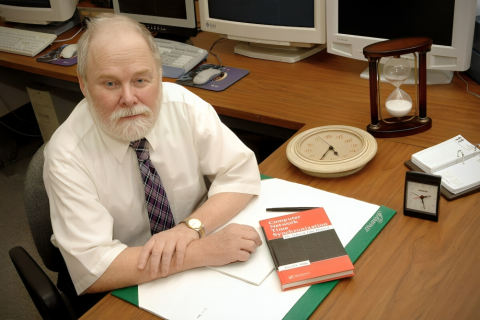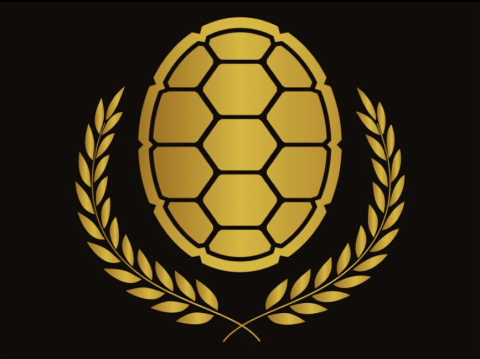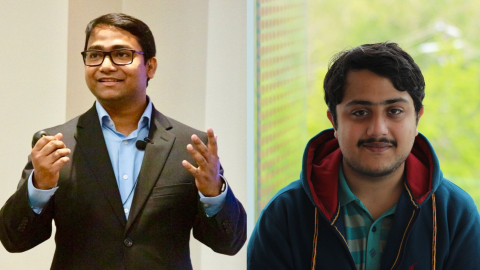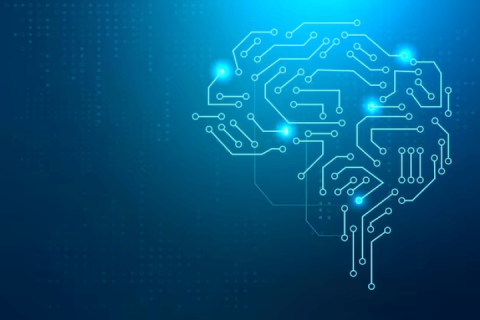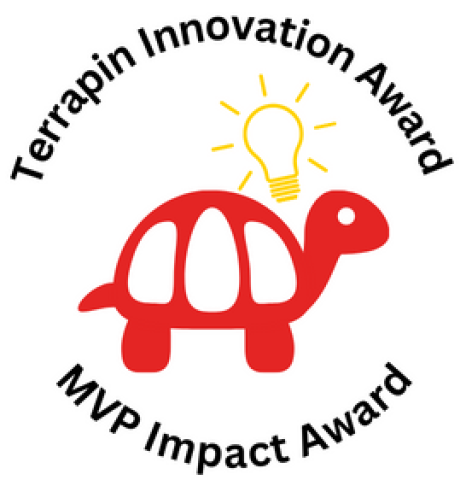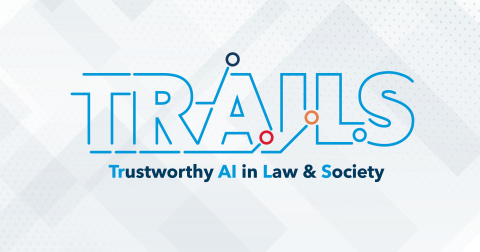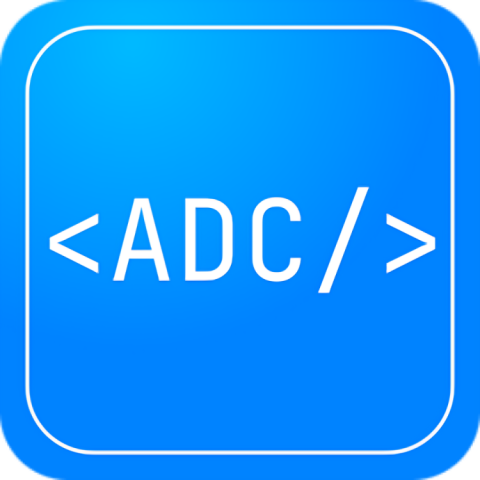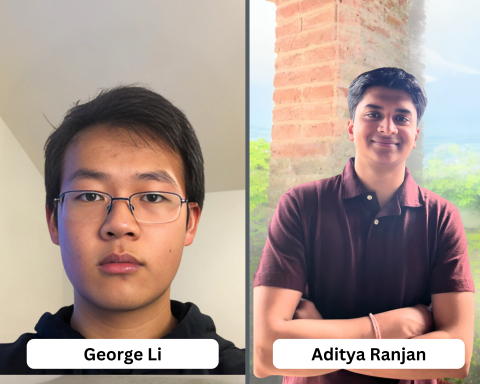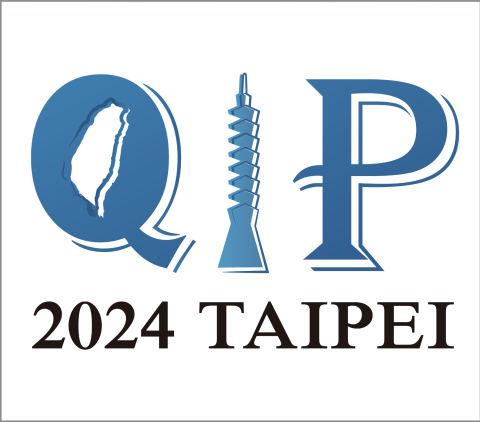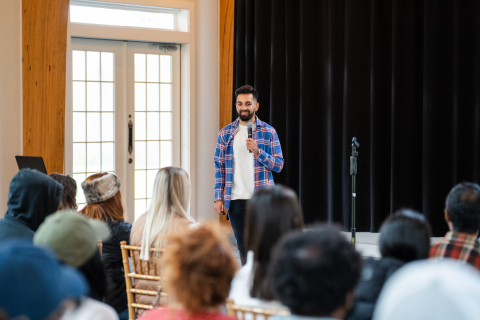Recent News & Accomplishments
2024
Mills, who served as an assistant professor in the Department of Computer Science from 1972 to 1977, invented the Network Time Protocol.
David L. Mills, an assistant professor in the Department of Computer Science from 1972 to 1977, and the inventor of the system enabling connected computers to synchronize their clocks—an essential technology relied upon by the entire modern internet—passed away on January 17 at his residence in Newark, Delaware. He was 85 years old. His daughter, Eileen “Leigh” Schnitzler, confirmed the death but did not provide a specific cause. Dr. Mills spent more than three decades as a professor at the University of Delaware and was active in designing key parts of the early internet in the late 1970s... read more
15 graduate assistants were recognized for their exceptional contributions to teaching and research in the 2023-24 academic year.
The University of Maryland announced the recipients of the Graduate School’s Outstanding Graduate Assistant Award for the 2023-24 academic year, recognizing seven teaching assistants and eight research assistants from the Department of Computer Science. The honor is awarded annually to graduate students who demonstrate exceptional contributions as administrative, research or teaching assistants. The recipients of this year's award were Bang An , Yang Bai , Nolan Coble , Armin Gerami , Sreyan Ghosh , Sharath Girish , Priyatham Kattakinda , Nakyung Lee , Geng Liu , Alan Luo , Daniel Nichols ,... read more
UMD computer scientist Nirupam Roy is developing a tool that can help verify the authenticity of audiovisual recordings.
Photo, audio and video technologies have advanced significantly in recent years, making it easier to create convincing fake multimedia content, like politicians singing popular songs or saying silly things to get a laugh or a click. With a few easily accessible applications and some practice, the average person can alter the face and voice of just about anyone. But University of Maryland Assistant Professor of Computer Science Nirupam Roy says media manipulation isn’t just fun and games—a bit of video and audio editing can quickly lead to life-changing consequences in today’s world. Using... read more
In a historic leap, AI-equipped PCs are set to transform the technology landscape in unprecedented ways.
This could be the year that artificial intelligence forever changes personal computers — at least so says HP CEO Enrique Lores (HPQ). Speaking to Yahoo Finance at the World Economic Forum, Lores said that a new category of PCs that incorporate specialized AI chips onboard would arrive in the hands of consumers this year. "It's probably one of the biggest changes in the PC industry since the PC was invented more than 20 years ago," Lores said. Lores's bullishness, of course, is expected, coming from the head of a computer company dipping its toes in AI, but not everyone is buying the paradigm... read more
Mel Coles received the MVP Impact Award and Caitlin Rudy received the Terrapin Innovation Award for exceptional contributions to the university.
The University of Maryland recently recognized the accomplishments of two Department of Computer Science staff members. Mel Coles , who serves as the department’s special events coordinator, received the MVP Impact Award, and Caitlin Rudy , the program manager of industry partnerships for the Iribe Initiative for Inclusion and Diversity in Computing (I4C) , was honored with the Terrapin Innovation Award. These awards celebrate their noteworthy contributions to the department and the broader university community. The MVP Impact Award and the Terrapin Innovation Award are part of the University... read more
The eight grants announced on January 24, 2024 were awarded to interdisciplinary teams of faculty associated with the institute.
The Institute for Trustworthy AI in Law & Society ( TRAILS ) has unveiled an inaugural round of seed grants designed to integrate a greater diversity of stakeholders into the AI development and governance lifecycle, ultimately creating positive feedback loops to improve trustworthiness, accessibility and efficacy in AI-infused systems. The eight grants announced on January 24, 2024—totaling just over $1.5 million—were awarded to interdisciplinary teams of faculty associated with the institute. The projects include developing AI chatbots to assist with smoking cessation, designing animal-... read more
The student organization supports members by nurturing talent and bridging the gap to professional opportunities in tech.
Since the App Dev Club at the University of Maryland's Department of Computer Science launched last fall, it has grown to 105 members and emerged as a hub for students to gain app development experience and marketable knowledge that will help them stand out in the job market. A two-pronged approach underpins the club's strategy. The club teaches students technical skills—such as JavaScript, HTML, CSS and back-end frameworks—and networking skills. Students employed at companies like Google and Microsoft share advice on crafting a LinkedIn profile, building a resume and leveraging local events... read more
George Li and Aditya Ranjan receive recognition from the Computing Research Association for their contributions to computing research.
University of Maryland senior computer science and mathematics double major George Zhaoqi Li received a 2023-2024 Computing Research Association (CRA) Outstanding Undergraduate Researcher Award . This prestigious award, which has only four awardees, recognizes Li's exceptional contributions to the field of computer science. In addition to Li, Aditya Ranjan (B.S. ’23, computer science) received an honorable mention award. The CRA Undergraduate Researcher Award, sponsored this year by Mitsubishi Electric Research Labs (MERL) , honors undergraduate students in North American colleges and... read more
QuICS achieves strong presence at a top quantum computer science conference with five papers and a plenary talk invitation.
Research by fellows, postdoctoral researchers, graduate students and alumni of the Joint Center for Quantum Information and Computer Science (QuICS) will once again be featured in talks at the annual conference on Quantum Information Processing (QIP), held this year from Jan. 13–19, 2024, in Taipei, Taiwan. Five papers by current QuICS members were accepted for talks and one will be featured in an invited plenary talk—a mark that continues a strong history of QuICS representation at the premier conference dedicated to quantum computer science. Other talks feature research by QuICS alumni,... read more
Akash Magoon hopes his $180K gift will help Terps ‘take the path less traveled’.
Akash Magoon (B.S. ’18, computer science) who is a member of the College of Behavioral and Social Sciences (BSOS) Board of Visitors, recently made a $180,000 donation to establish undergraduate student scholarships for four students per year. The need-based scholarships will be awarded to two BSOS students and two Department of Computer Sciences students, with a focus on those who grew up and reside in Baltimore at the time of enrollment. The scholarships will cover each recipient’s tuition costs for one year, with the possibility of being renewed, starting in fall 2024. Magoon—who is the co-... read more
